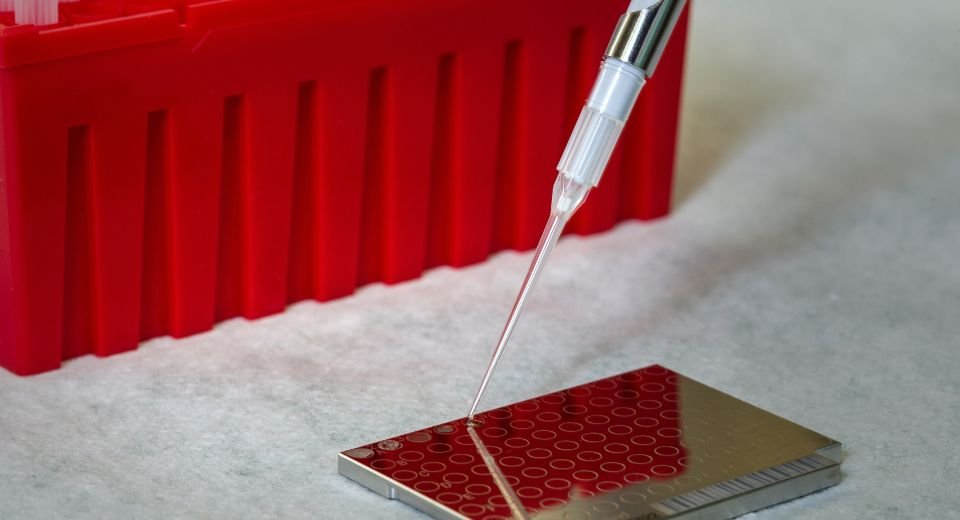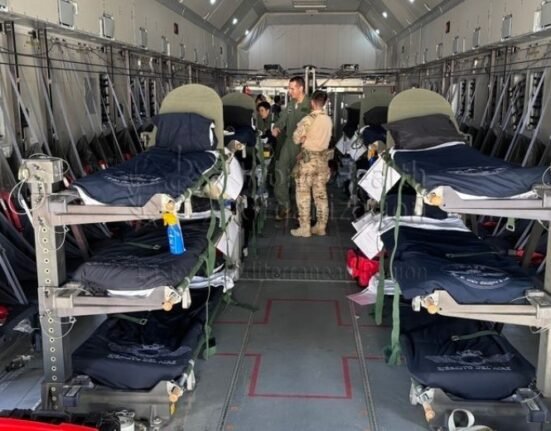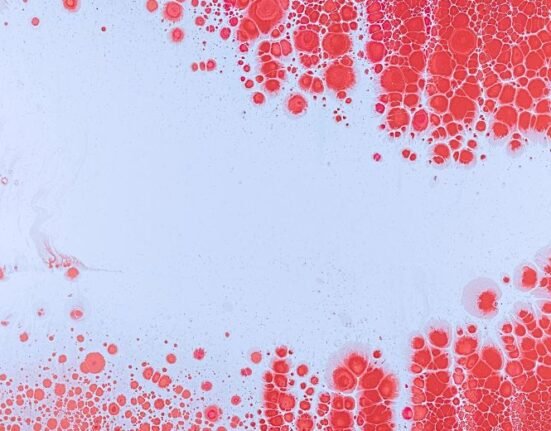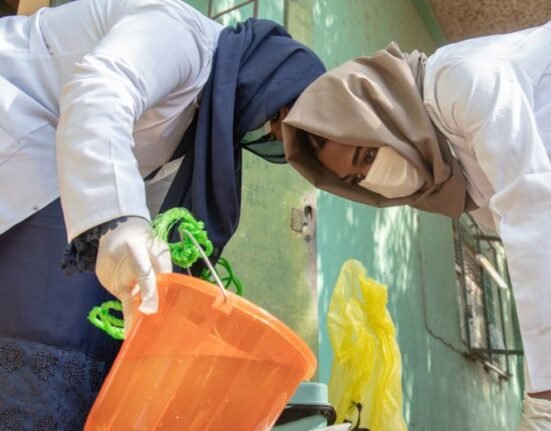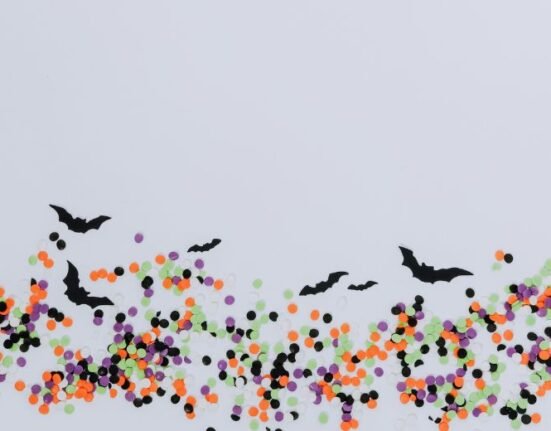HQ Team
March 30, 2023: India has granted a complete customs duty exemption for the personal use of medicines to treat rare diseases, including Merc & Co’s Keytruda for cancer therapy.
The individual importer has to produce a certificate from the Central or State Director of Health Services or District Medical Officer or Civil Surgeon of the district to avail of this exemption, according to a government statement.
Drugs and medicines normally attract a 10% of customs duty, while some categories of lifesaving drugs and vaccines are charged a concessional rate of 5%, and some others are fully exempted from the duty.
Specified drugs for the treatment of spinal muscular atrophy or Duchenne Muscular Dystrophy have been exempted, and the government has been receiving representations seeking relief for rare diseases, according to the statement.
“Drugs or special foods required for the treatment of these diseases are expensive and need to be imported,” it stated.
The huge cost of import
It is estimated that for a child weighing 10 kilograms, the yearly cost of the rare disease treatment may go up to INR 10 million, with treatment being lifelong and drug dose and cost increasing with age and weight.
“This exemption will result in substantial cost savings and provide much-needed relief to the patients. The government also fully exempted Pembrolizumab (Keytruda) used in various cancer treatments from basic customs duty.
A rare disease is defined by the Orphan Drug Act as a disease or condition that impacts fewer than 200,000 people in the US. There are more than 10,000 known rare diseases that affect about 1 in 10 people (or 30 million people) in the US.
Other countries have their own official definitions of a rare diseases. The European Union defines a disease as rare when it affects fewer than 1 in 2,000 people.
Japan identifies rare diseases as diseases with fewer than 50,000 prevalent cases (0.04%) in the country.
Early diagnosis challenging
Early diagnosis of rare diseases is a challenge owing to multiple factors that include a lack of awareness among primary care physicians and a lack of adequate screening and diagnostic facilities. Traditional genetic testing includes tests that can only address a few diseases.
Presently, very few pharmaceutical companies are manufacturing drugs for rare diseases globally, and there are no domestic manufacturers in India except for Food for Special Medical Purposes (FSMP) for small molecule inborn errors of metabolism.
Due to the high cost of most therapies, the Indian government has not been able to provide these for free.
Only a limited number of diseases have been recorded in India from tertiary care hospitals that are globally considered rare diseases, and the ambit may encompass from 7,000 to 8,000 disorders.
The commonly reported diseases include primary immunodeficiency disorders, lysosomal storage disorders (Gaucher’s disease, mucopolysaccharidoses, Pompe disease, maple syrup urine disease, cystic fibrosis, osteogenesis imperfecta, certain forms of muscular dystrophies and spinal muscular atrophy.


